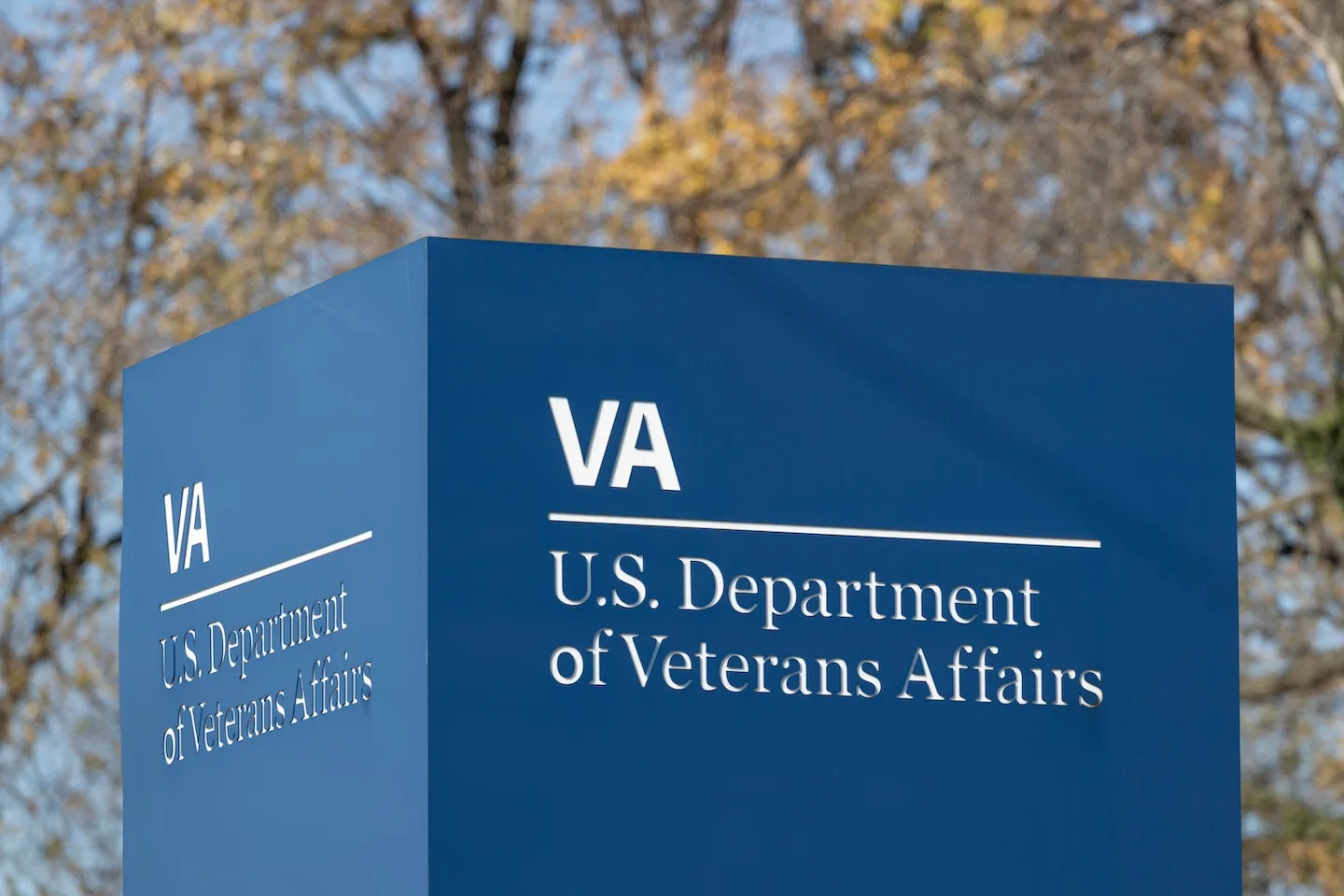The holiday season can bring many holiday parties, social gatherings, and a strong mix of emotions and stress — and it’s not uncommon for people to relapse during this time of year.
In fact, as much as 60% of people may relapse during the holidays, as compared to 25% during the rest of the year.
If you have found yourself in this position, do your best not to panic or judge yourself too harshly, and refer to your relapse plan as you seek support.
You can also read on to learn more about how to manage a relapse during the post-holiday season.
Top Tips for Managing an Addiction Relapse Post-Holidays
The following are tips that you can incorporate into your post-holiday relapse plan.
Don’t have a relapse prevention plan? Read these tips to get started on building a toolbox for managing your recovery after a relapse.
1. Understand that Holidays Are Difficult for Newly Sober People
The holiday season brings about elevated stress levels, as people are often faced with unresolved family trauma, difficult family dynamics, or specific family members who do not support their recovery.
On the other hand, some people may find themselves particularly lonely, depressed, or bored during the holidays.
In addition, alcoholic drinks (and sometimes drugs) are often prevalent at holiday social events like work Christmas parties and family gatherings, making staying sober especially challenging.
All of these reasons make the holidays a particularly hard time for sober people, and especially newly sober people. Be sure to forgive yourself if you are not able to stay away from substance use at this time.
2. Consult Your Relapse Plan
Consult the relapse plan that you made while in addiction treatment, if you have one. If you don’t have one, that is okay, and there is no better time than now to make one.
Tips for creating a strong relapse plan include:
- Have a list of supportive sober friends or family members who you can call in case of cravings or triggers.
- Call on tools and coping mechanisms that you learned in your former substance abuse treatment program.
- Have a special relapse plan, such as a holiday relapse prevention plan, in place for especially difficult times or situations.
- Understand your relapse triggers or stressors and how to avoid or manage them.
- Connect with other sober individuals through support groups and 12-step meetings like Alcoholics Anonymous or Narcotics anonymous.
- Make an appointment with your therapist or counselor or find a new one if you do not currently have a professional support system.
3. Give Space to Your Feelings and Emotions Post-Relapse
It is so important during this time to avoid self-judgment and to give yourself the time and space to truly feel your feelings. This step is key to staying motivated and on your path of recovery.
Some ways that you can do this are by practicing mindfulness, journaling to process your emotions, or talking to someone you trust, including a therapist or counselor.
4. Seek Help from Recovery Specialists
Taking action is one of the most important steps for getting back on track, and a good way to do this is by seeking out support providers who understand the disease of addiction.
Some people who may be able to help during a relapse include:
- Your previous rehab provider
- Your sober sponsor
- An outpatient provider
- A counselor who specializes in treating alcohol use or substance use disorders
5. Consider Your Addiction Recovery Treatment Options
Depending on the severity of your relapse, you may start to consider further addiction recovery treatment options like a stay at a residential facility.
If you suspect this may be the case, it can be a good idea to consult with your primary care provider or other sober support in your life.
No one wants to go back into drug or alcohol rehab after a previous stay, but sometimes it can be the best option to have supervision and 24/7 support during your recovery.
6. Reflect on Factors that Led to Relapse
Instead of judging yourself for relapsing, try to focus on the issues that your relapse illuminates. Make a plan for how to address them in the future to prevent another relapse.
This can mean finding healthier ways of managing triggers or stress, or learning new coping mechanisms to use instead of turning to drugs or alcohol.
7. Reset Your Daily Recovery Lifestyle
Resetting your daily recovery lifestyle can be essential for improving and maintaining your physical and mental health.
Tools for resetting your recovery lifestyle include:
- Establishing a healthy activity routine
- Focusing on a specific goal like work or school
- Staying dedicated to nutrition and hydration
- Staving off boredom by staying busy with hobbies
- Talking to a therapist regularly
- Establishing and maintaining a positive support system
- Maintaining a positive self-care routine
8. Practice Daily Recovery Affirmations
Daily recovery affirmations can help you stay positive about yourself, keep your sights on your recovery goals, and remind you of the reasons why you entered recovery.
You can repeat these affirmations to yourself on a daily basis and as much as possible.
Examples of recovery affirmations include:
- I believe in myself.
- I forgive myself for making mistakes.
- I do not need alcohol or drugs to be happy.
- I am stronger every day.
- I can be the person I want to be.
9. Know that Relapse Does Not Mean You Failed Addiction Recovery
It is easy and natural to judge yourself after relapsing, but it is important to remember that relapsing does not make you a failure or mean that you should give up.
It can be helpful instead to view relapsing as a potential learning experience from which you can make changes in your lifestyle going forward.
10. Reset Your Relapse Prevention Plan
If your current relapse prevention plan is not working for you, you can always reset it. A good way to start is by writing down your goals and intentions or talking to a therapist.
The most important thing is to be clear and intentional about your recovery, your sober lifestyle, and the goals that you are striving toward.
And finally, as part of your relapse prevention plan, try to come up with new traditions that you can celebrate in the new year with friends and family to lessen your holiday stress and risk of relapse in the next holiday season.
Find Help for People Who Relapsed After the Holiday Season
If you or a loved one has relapsed during or after the holiday season, remember that you are not alone and that you can continue on your recovery journey.
Instead of being hard on yourself, let this be a reminder of how important it is to take care of yourself and your well-being and to have a support system that you can lean on during challenging seasons.
In addition to the tips listed above, you can always contact us for additional support and resources or for help in locating a treatment center or detox facility in your area.
Sources
Harvard Health Publishing. “How to avoid a relapse when things seem out of control.” Retrieved from: https://www.health.harvard.edu/blog/how-to-avoid-a-relapse-when-things-seem-out-of-control-2020113021512. Accessed on January 11, 2024.
Psychology Today. “How to Guard Against Relapse.” Retrieved from: https://www.psychologytoday.com/us/blog/use-your-brain/202101/how-guard-against-relapse. Accessed on January 11, 2024.
Recommended Blogs


Does the VA Help With Drug Addiction?
Veterans often face barriers when returning to civilian life and may turn to substances to…

Mental Health Awareness Month: Practical Tips for Balancing Mental Health
National Mental Health Awareness Month is here — the time of year when we check…

7 Surprising Facts for National Drug and Alcohol Facts Week
Every year, National Drug and Alcohol Facts Week (NDAFW) aims to shatter the myths, misinformation,…







